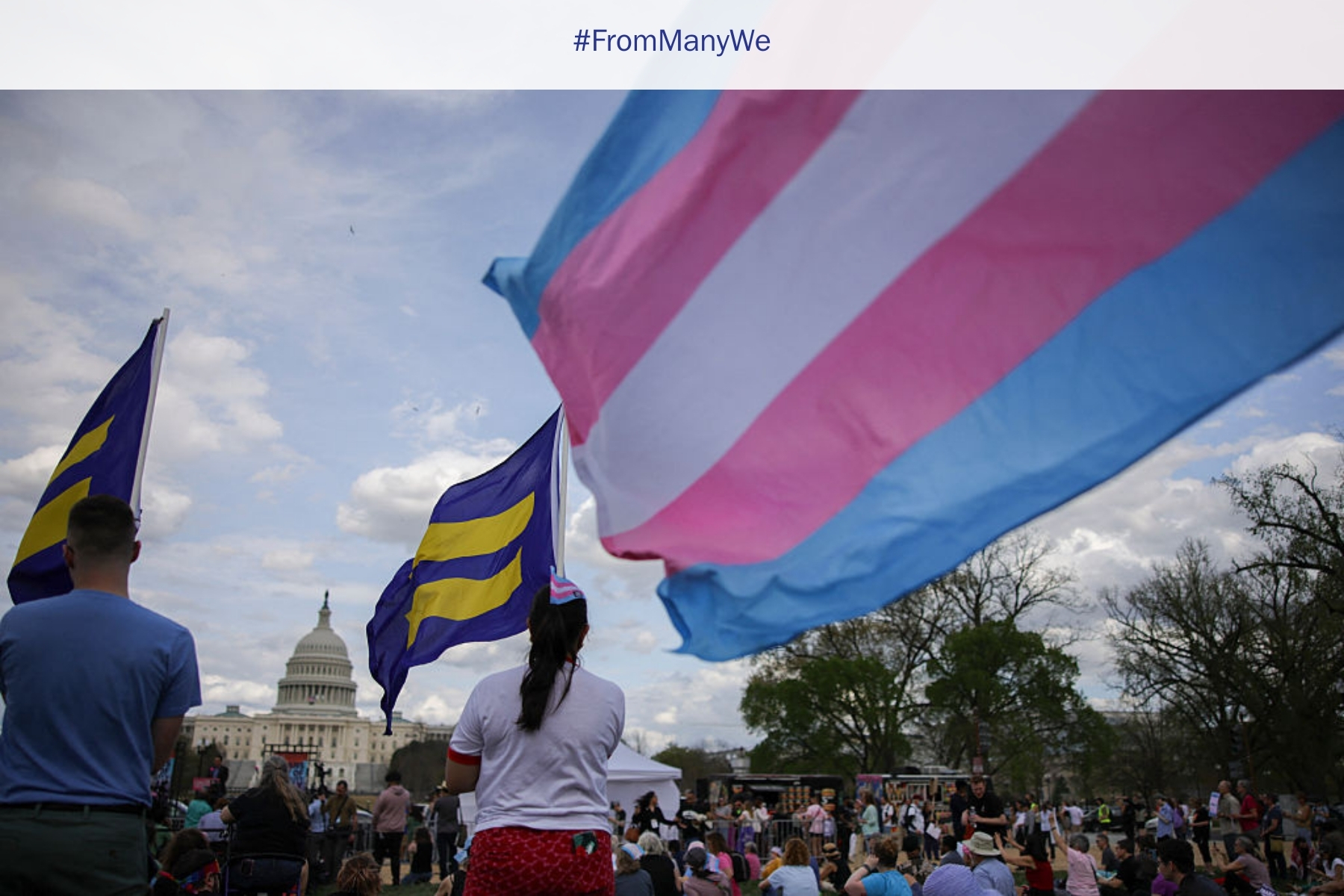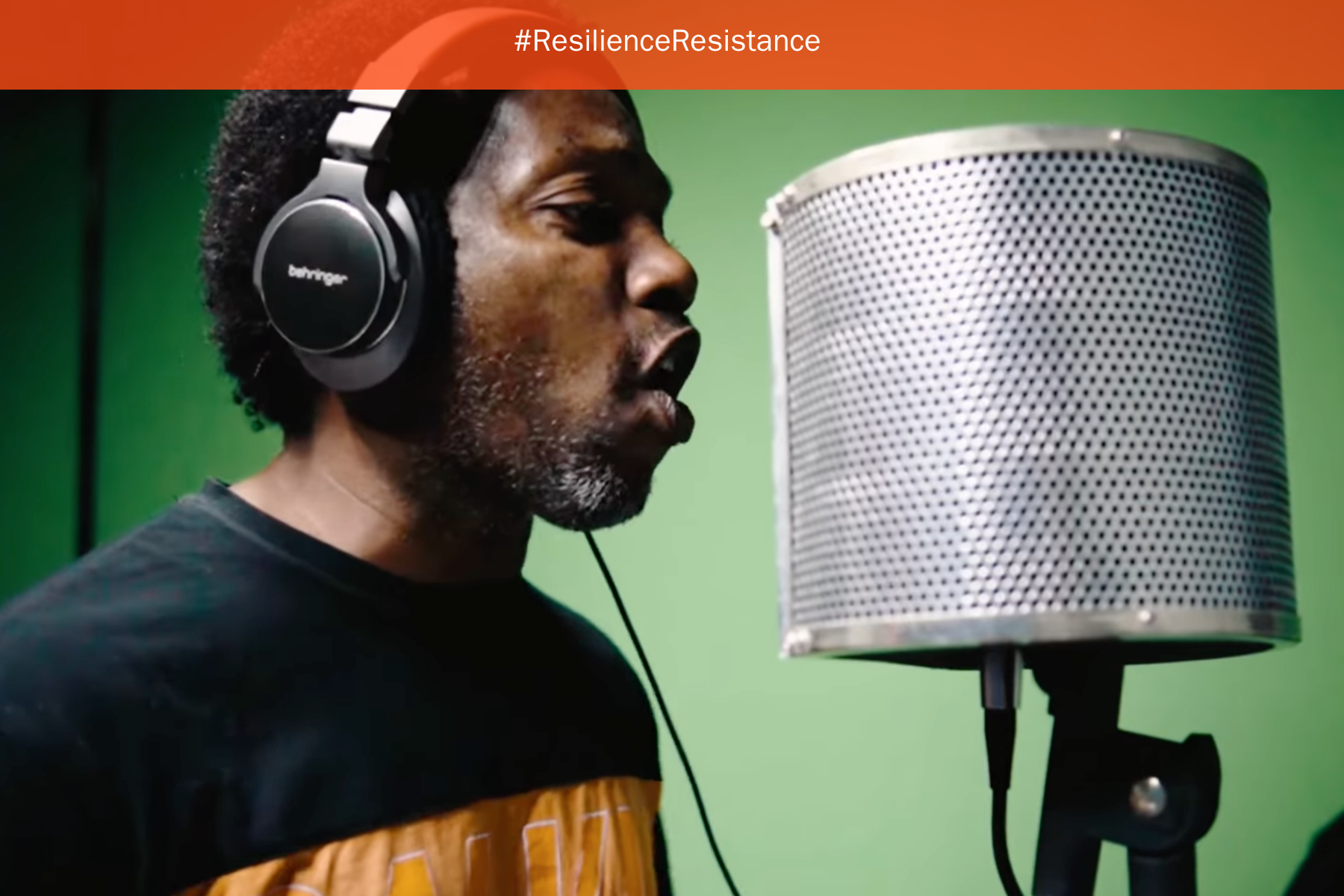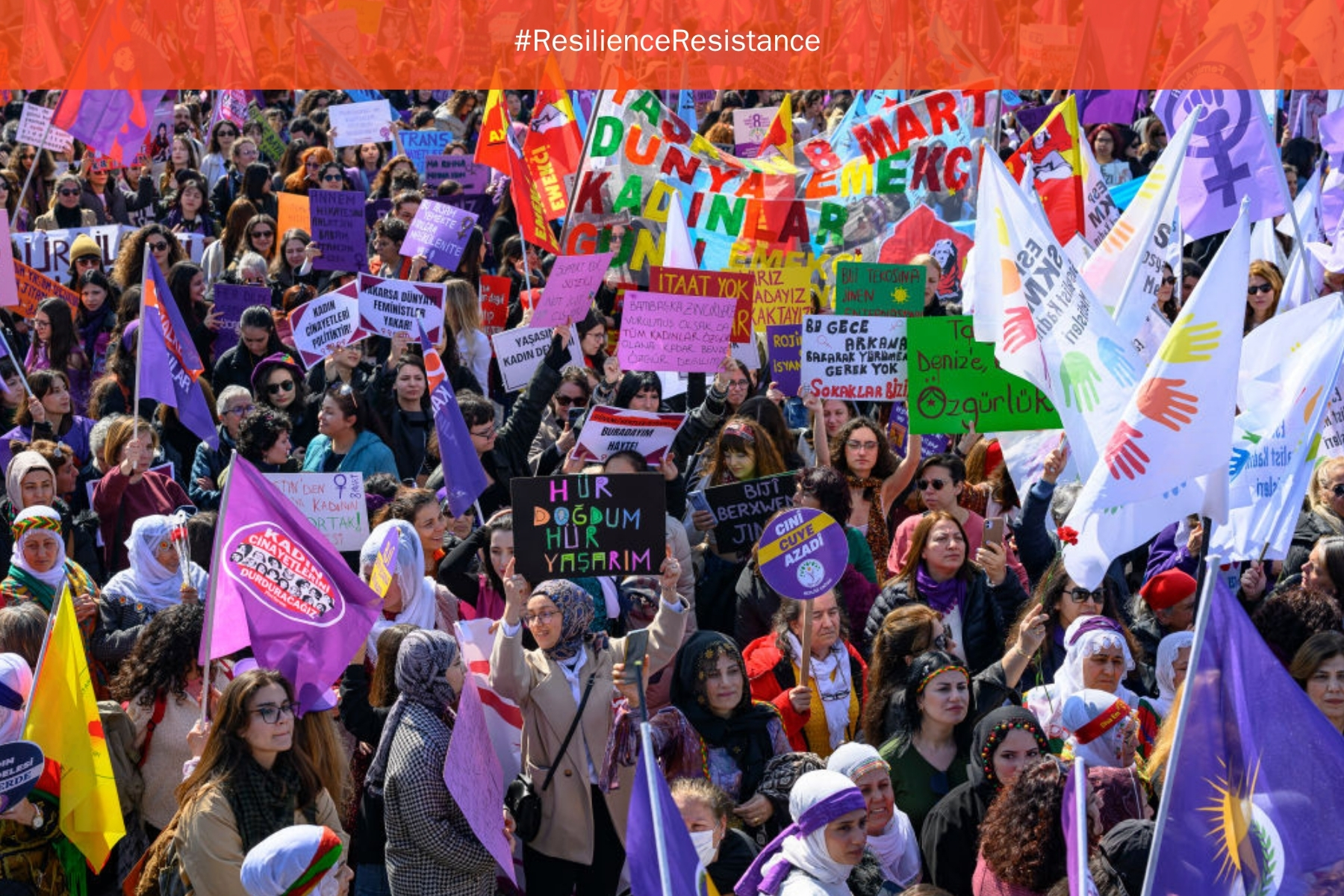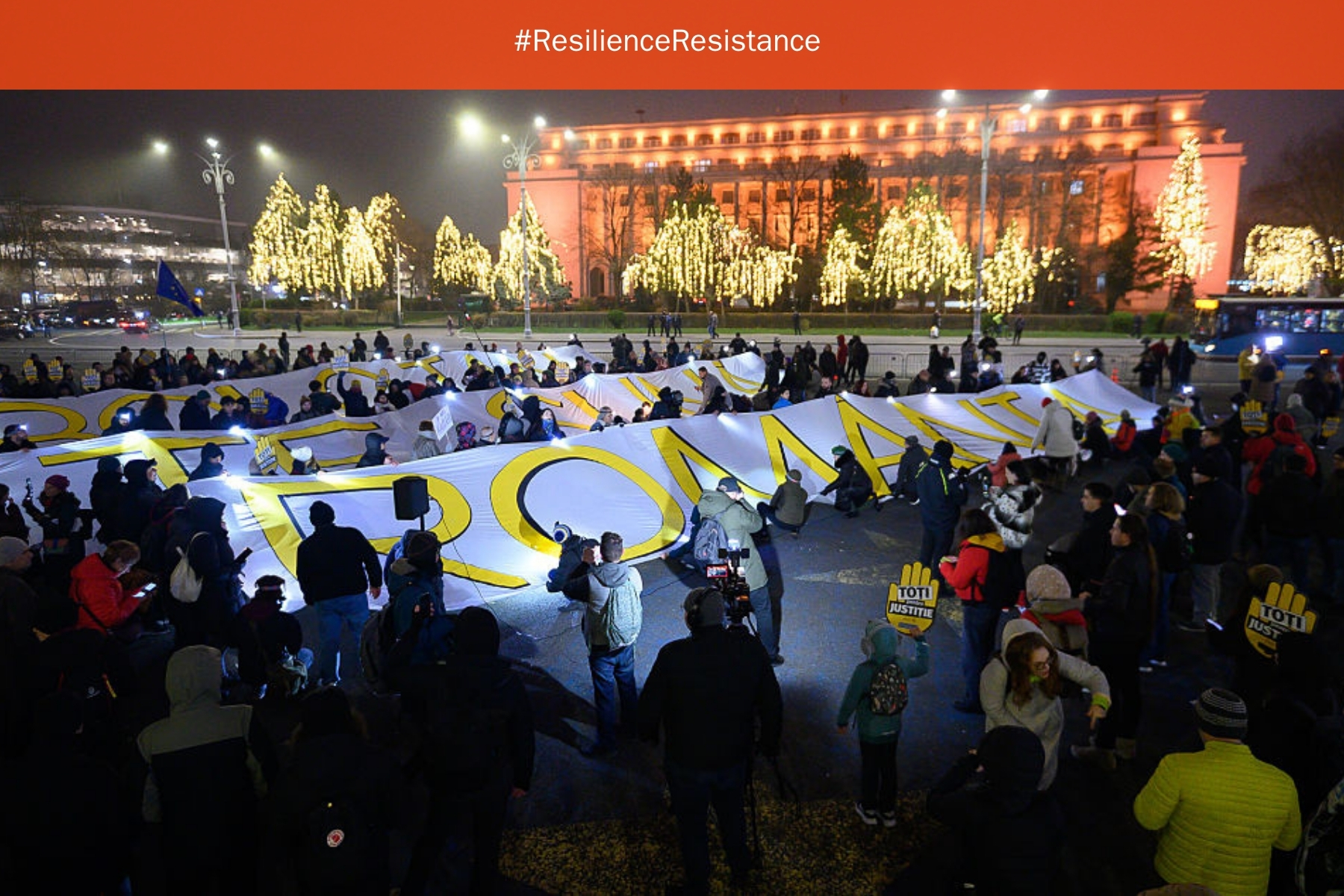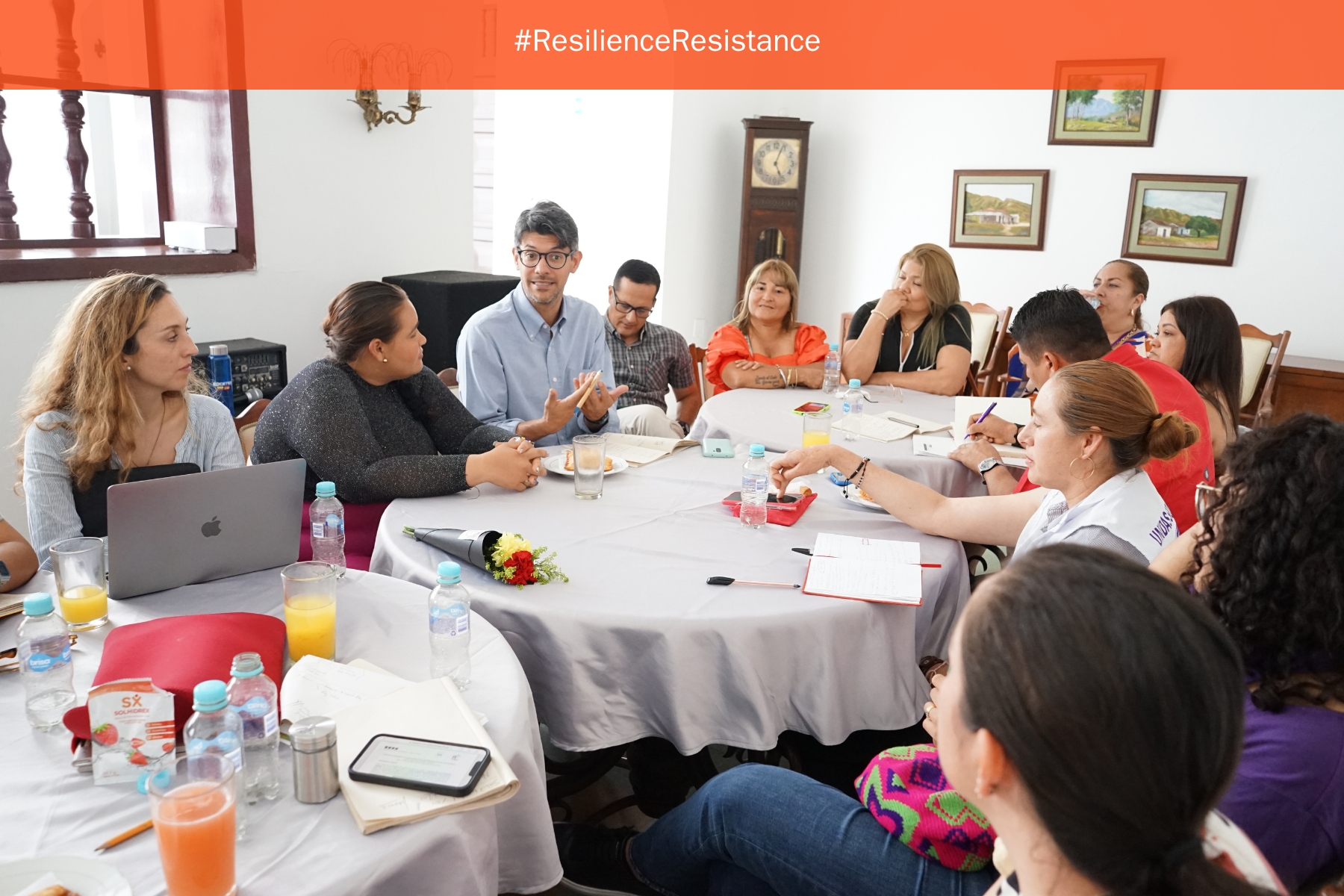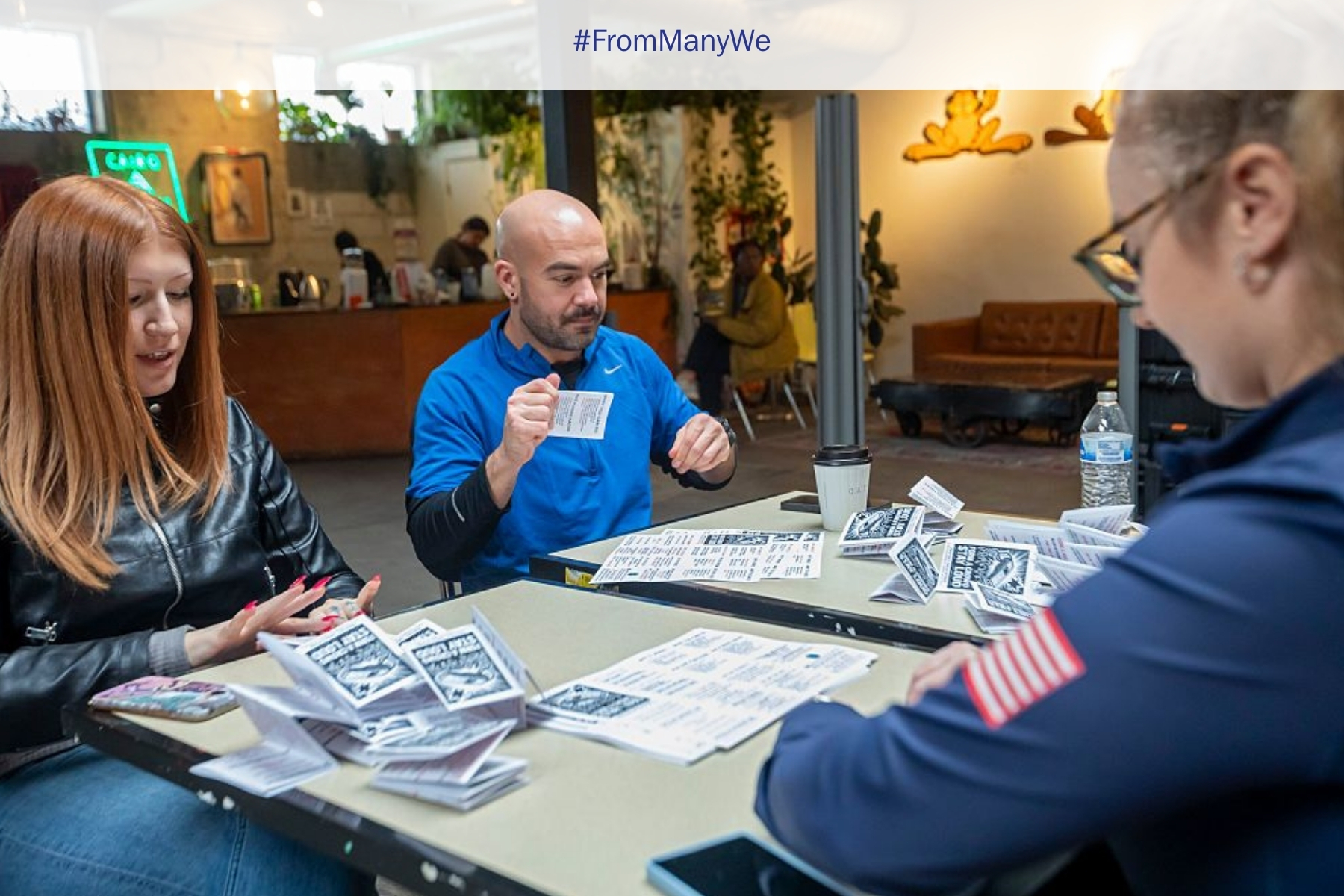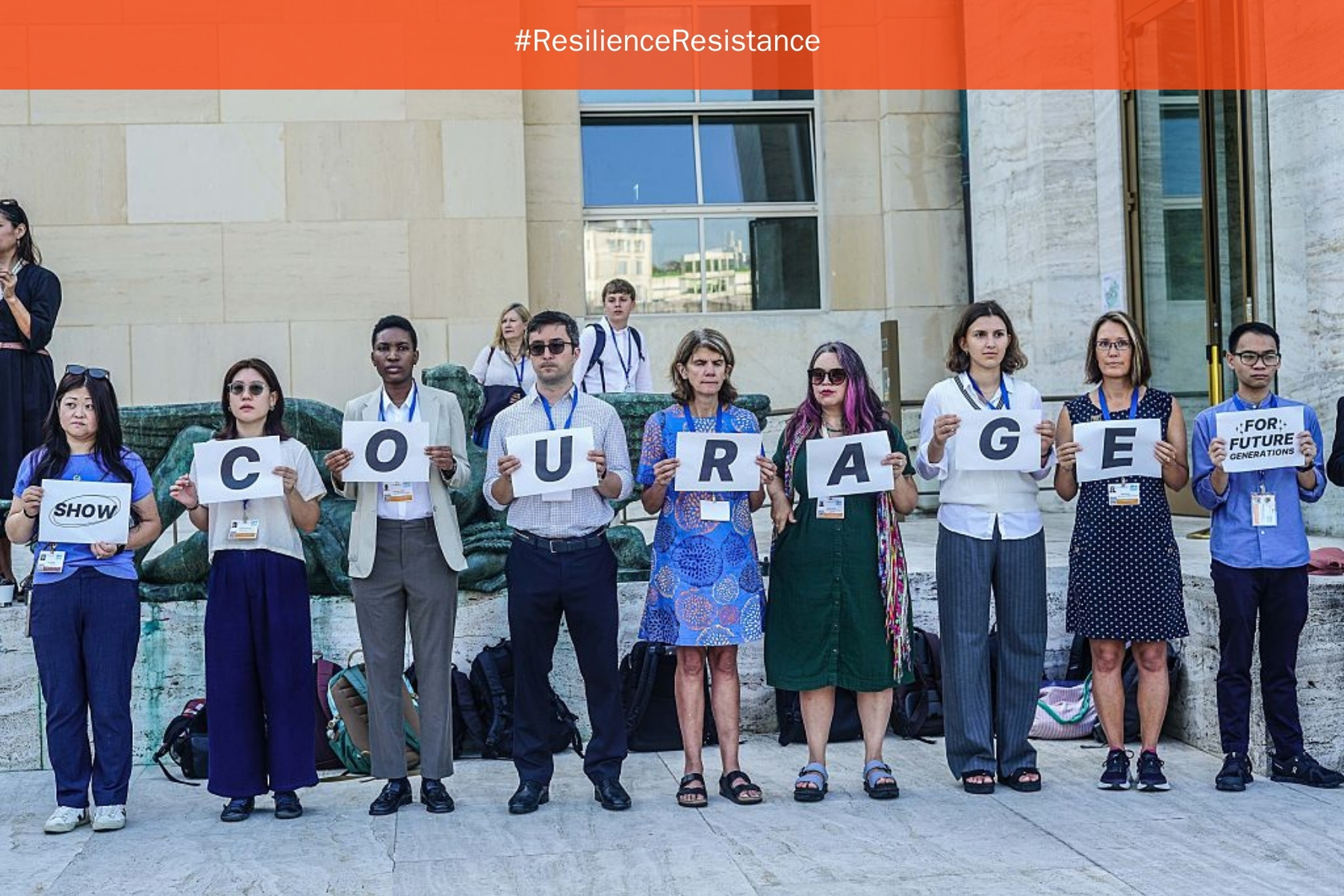From Boxing Rings to Bathrooms: Policing Women’s Bodies Fuels Gender Injustice
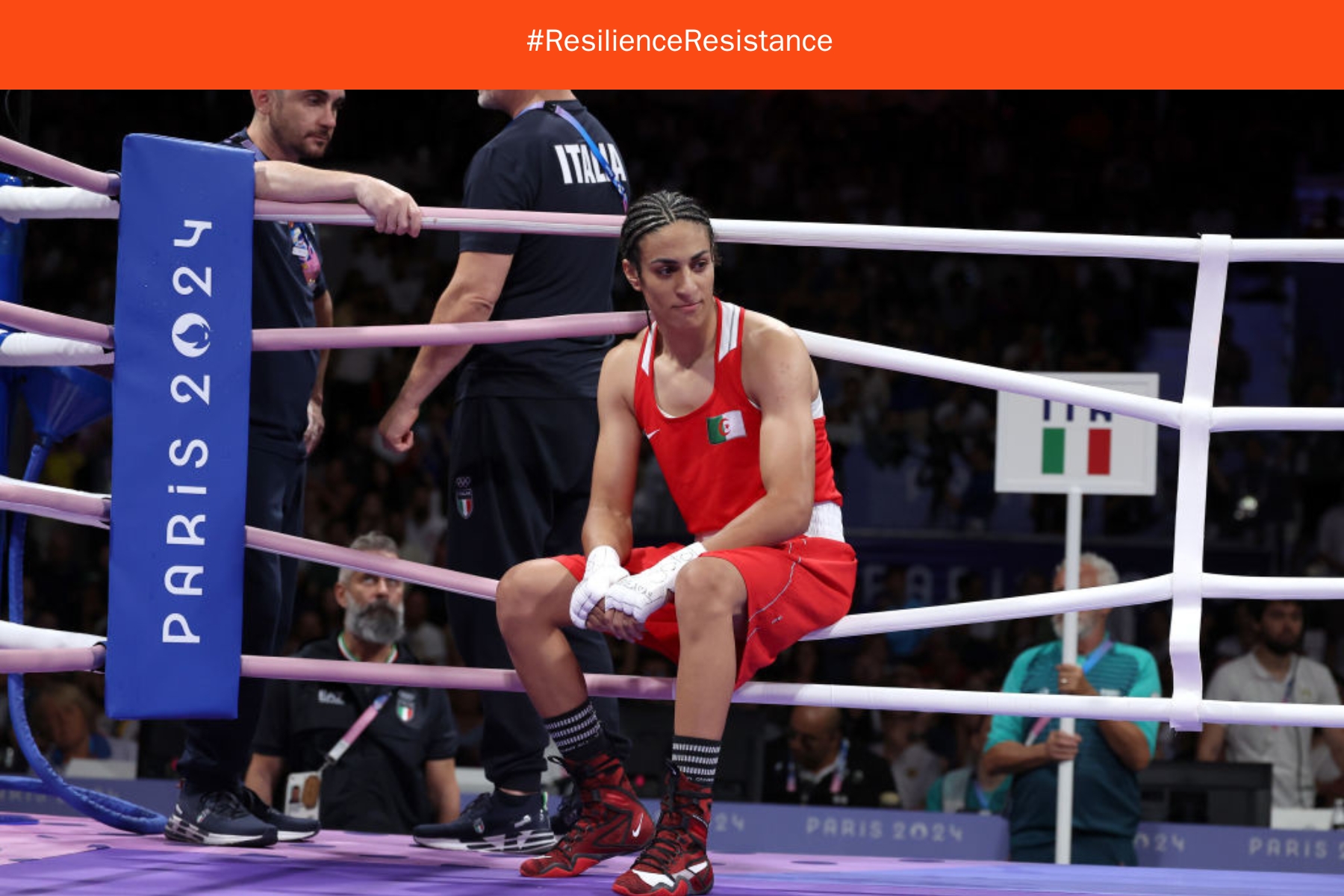
During the 2024 Olympic Games, Algerian Olympic gold–medal-winning boxer Imane Khelif was subjected to worldwide transphobic speculation about her gender identity following her match with Italian boxer Angela Carini, who quit after only 46 seconds.
In the aftermath of the fight, author J. K. Rowling referred to Khelif as a male and accused her of “enjoying the distress of a woman he’s just punched in the head, and whose life’s ambition he’s just shattered.” Khelif was also labeled a “biological man” and suggested to be transgender by Donald Trump, Elon Musk, and right-wing politicians in Italy, among others.
Imane Khelif is yet another woman branded insufficiently female by right-wing pundits who are preoccupied with gender fear-mongering in an attempt to impose strict gender boundaries. The questioning of Khelif’s gender identity should serve as a warning of the ways that transphobia is harmful not only for trans people and those who are nongender conforming but also for cisgender women. Restricting the rights of transgender individuals intensifies existing challenges for all women by strengthening the gender norms that enable the subjugation of women.
Furthermore, it has been found that “attacks on LGBTQ+ people and their rights can be a precursor to democratic backsliding.” Indeed, even Nazis burned trans books to usher in fascism.
Transphobic fear-mongering in sports is not new. Since 2019, South African athlete Caster Semenya has been prohibited from competing in her preferred 800-meter race because she has refused to medically suppress her testosterone levels. And she is not alone. Namibian sprinters Christine Mboma and Beatrice Masilingi were barred from the 400-meter sprint at the Tokyo Olympics for the same reason. These examples reflect a concerning pattern of persistent body policing of women.
This policing is affirmed by Human Rights Watch (HRW) in a report that assesses the impact of regulating women’s participation in sport through “sex testing.” The organization asserts that given that there’s no such regulation for men, this practice is “intrinsically discriminatory against women.” It also notes that athletes targeted for sex testing are “overwhelmingly women of color from the Global South.”
While this phenomenon unfairly impacts female athletes, it is not only in sports that transphobia affects cisgender women. Whether cisgender or transgender, any woman who does not conform to the stereotypical definition of femininity faces the risk of being ejected from fully participating in public life.
For instance, public bathrooms have been unsafe places for transgender people for a long time. This situation has been exacerbated by the most recent wave of bathroom hysteria—extreme opposition to gender-inclusive bathrooms. In the US, the national crackdown on transgender and nonbinary people’s access to public places like bathrooms has gained momentum. This anti-trans bigotry is increasingly engulfing others, especially cisgender women, with bathrooms becoming hostile environments for anyone who is perceived to deviate from traditional gender norms.
South Africa is no exception to the contestation about gender-inclusive bathrooms. The reaction to the Department of Basic Education’s draft guidelines, providing guidance on gender-affirming healthcare, practices, sports, and curricular inclusion as well as gender-inclusive bathrooms, is one example of this. While the department seeks to address discrimination on the basis of gender identity and sexual orientation at schools, after the document’s release, there was panic specifically surrounding the section on bathrooms and locker rooms.
As a country, South Africa is familiar with the use of public accommodations as fuel for discrimination and segregation. During the apartheid era, legislation like the Separate Amenities Act imposed stringent enforcement and segregation of public spaces like bathrooms. Even today, access to sanitation continues to be racialized, which contributes to maintaining systemic racism by undermining the dignity of Black people. This reality underscores access to bathrooms as a key site of struggle for all marginalized people, which includes people who are nongender conforming and transgender.
The connection between transgender rights and gender justice is underscored by how “gender ideology” narratives are regularly invoked not only against trans rights but also against comprehensive sexuality education and sexual and reproductive rights. Anti-rights groups have doubled down on their agenda to undermine reproductive, LGBTQ+, and gender rights.
Transphobia cannot be isolated from endeavors to regulate the bodies of women. But progress in trans rights can help further women’s liberation by eradicating the need to conform to rigid ideas of “womanhood.” This rigidity often harms Black and other women of color in particular, given how gender identity is deeply intertwined with racist colonial legacies. As noted in the HRW report, “the standards of femininity applied are often deeply racially biased.”
From boxing to bathrooms and beyond, defending the rights of transgender people is essential for those truly committed to gender justice and democracy.
Koketso Moeti has a long background in civic activism and has over the years worked at the intersection of governance, communication, and people power. In 2025, she was announced as a Charles F. Kettering Global Fellow.
Resilience & Resistance is a Charles F. Kettering Foundation blog series that features the insights of thought leaders and practitioners who are working to expand and support inclusive democracies around the globe. Direct any queries to globalteam@kettering.org.
The views and opinions expressed by contributors to our digital communications are made independent of their affiliation with the Charles F. Kettering Foundation and without the foundation’s warranty of accuracy, authenticity, or completeness. Such statements do not reflect the views and opinions of the foundation which hereby disclaims liability to any party for direct, indirect, implied, punitive, special, incidental, or other consequential damages that may arise in connection with statements made by a contributor during their association with the foundation or independently.
